Multi-Cat Household Deworming: Preventing Parasite Spread
Introduction
In multi-cat households, parasites can spread rapidly between cats, resulting in recurring infections and health complications. Coordinated deworming and strict hygiene measures are essential to break the cycle of reinfection. This guide outlines best practices for synchronizing treatments, maintaining cleanliness, and preserving feline wellness in homes with multiple cats.
1. Risks Unique to Multi-Cat Environments
Shared Litter Boxes: Parasite eggs shed in feces can contaminate common areas, enabling rapid transmission.
Close Contact: Grooming, play, and sleeping in close proximity facilitate parasite spread.
Variable Immunity: Kittens, seniors, and immunocompromised cats are especially vulnerable, heightening risk for the entire group.
2. Synchronizing Deworming Treatments
Simultaneous Administration:
Treat all cats in the household on the same day with the same dewormer type and dosage (adjusted for weight).
Reduces the window for reinfection and ensures uniform parasite clearance.
Recommended Products:
Fenbendazole (Panacur®): 50 mg/kg orally once daily for three consecutive days; broad-spectrum coverage.
Praziquantel Oral Tablets: 5–10 mg/kg as a single dose for tapeworm control.
Selamectin (Revolution®): Monthly topical covering fleas, ear mites, roundworms, hookworms.
3. Fecal Examinations and Monitoring
Baseline Testing:
Conduct a fecal float for each cat before initiating the synchronized protocol to identify specific parasites.
Follow-Up Testing:
Repeat fecal exams 2–3 weeks post-treatment to confirm parasite elimination.
High-Risk Groups:
Test kittens every 4 weeks until 16 weeks of age.
Test seniors and immunocompromised cats every 3 months.
4. Environmental Hygiene and Sanitation
Litter Box Management:
Use one litter box per cat plus one extra.
Scoop daily and replace litter entirely weekly; disinfect boxes monthly with a dilute bleach solution (1:32 ratio).
Bedding and Soft Furnishings:
Wash cat beds, blankets, and removable furniture covers in hot water weekly.
Vacuum carpets and upholstery at least twice a week.
Hard Surfaces:
Mop floors with pet-safe disinfectant every 3–4 days.
Clean food bowls, water dishes, and feeding areas daily with hot, soapy water.
5. Preventive Measures and Lifestyle Adjustments
Flea Control:
Monthly application of a broad-spectrum flea and parasite preventive (e.g., Revolution®).
Treat all pets (cats and dogs) in the household concurrently.
Outdoor Access:
Limit unsupervised outdoor roaming to reduce exposure to contaminated soil and intermediate hosts (rodents, birds).
Nutrition and Immune Support:
Provide balanced, high-quality cat food to strengthen immune systems.
Consider probiotic supplements to maintain healthy gut flora post-deworming.
Conclusion
Coordinated deworming, rigorous sanitation, and preventive strategies are vital in multi-cat households to curb parasite transmission. By treating all cats simultaneously, maintaining a clean environment, and monitoring through regular fecal exams, owners can ensure a parasite-free, harmonious home for their feline companions.
Explore Dogs
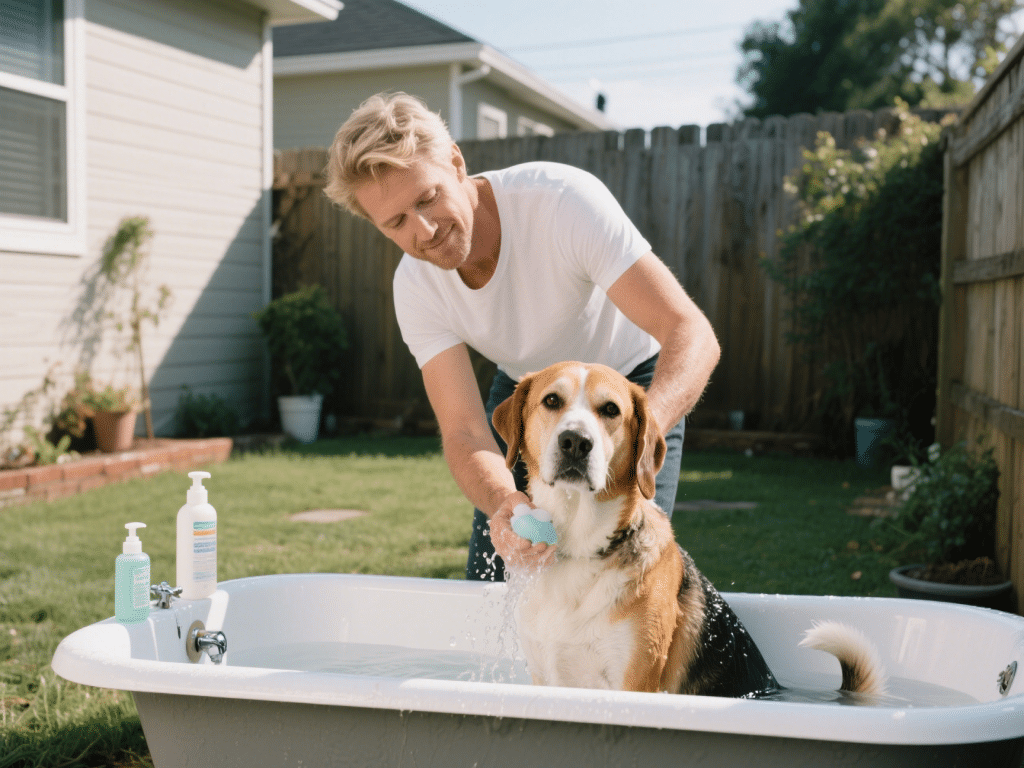
Safe Timing to Bathe Your Dog Before or After Deworming
IntroductionBathing a dog too soon before or after deworming may impact medication absorption and sk...
Read More
When to Start Deworming Your Puppy: Everything You Need to Know
IntroductionParasite control is a cornerstone of puppy health, with many infections acquired prior t...
Read More
Best Dog Dewormers for Puppies: A Vet-Recommended Guide
IntroductionPuppies are particularly vulnerable to intestinal parasites—roundworms, hookworms, and...
Read More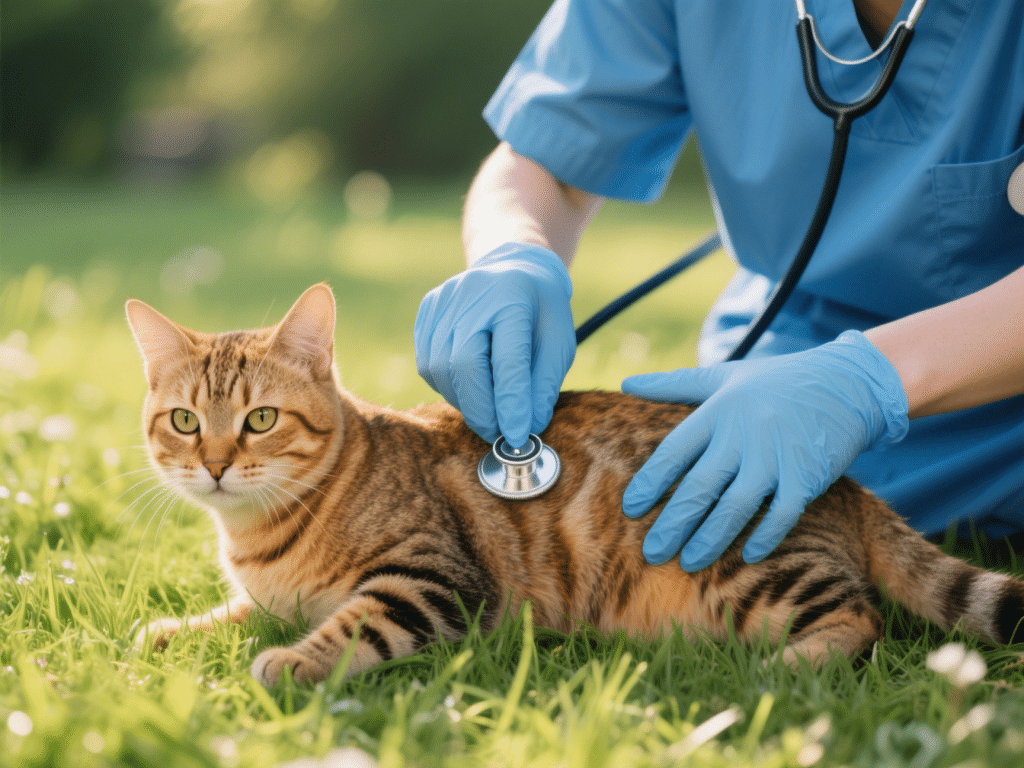
How Often Should You Deworm Your Cat? Adjusting by Season
How Often Should You Deworm Your Cat? Adjusting by SeasonProtecting your cat from internal parasites...
Read More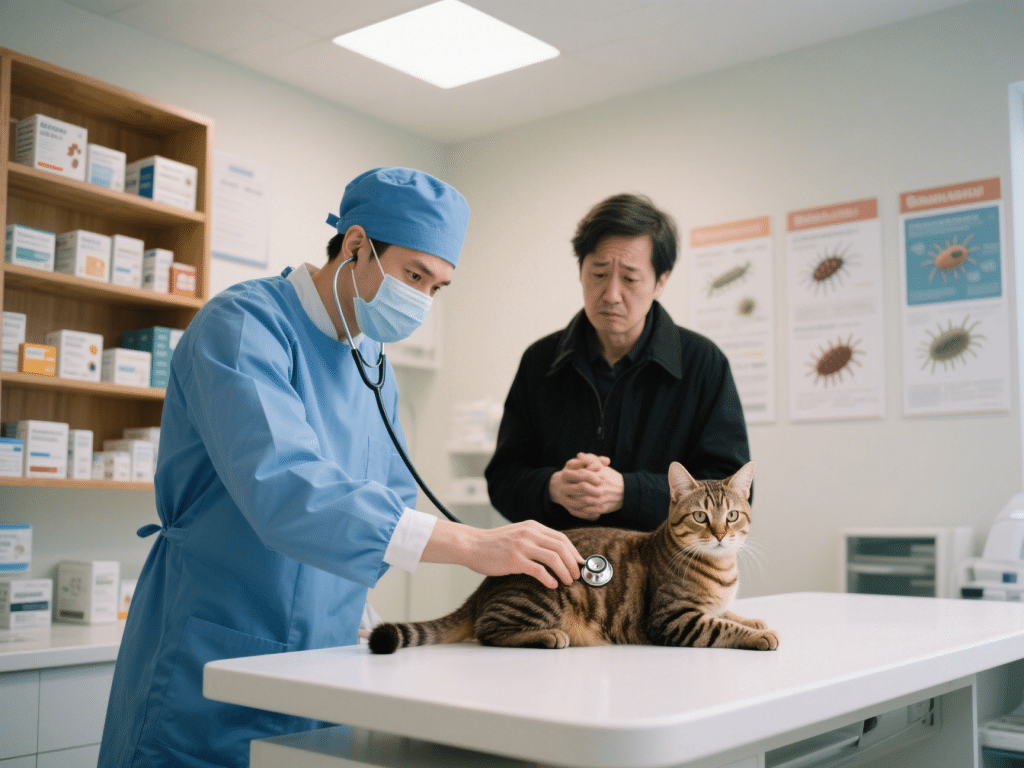
Top 10 Mistakes Cat Owners Make When Deworming (and How to Avoid Them)
Top 10 Mistakes Cat Owners Make When Deworming (and How to Avoid Them)Effective deworming is crucial...
Read More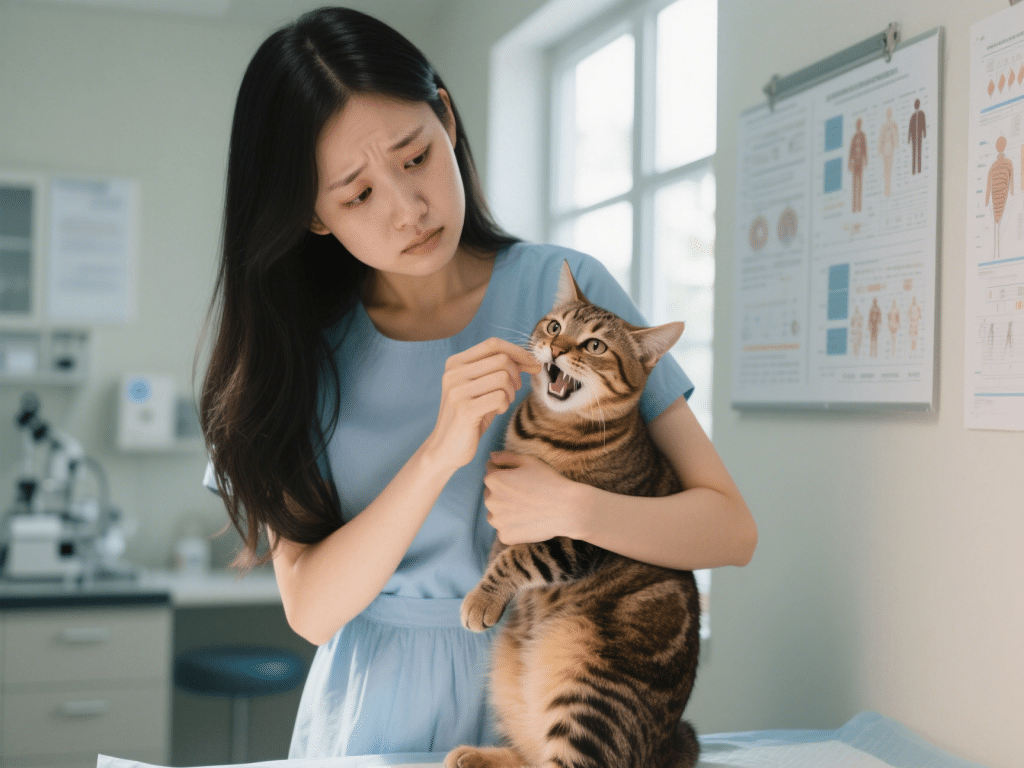
Why Is My Cat Drooling After Deworming? Causes and Care Tips
Why Is My Cat Drooling After Deworming? Causes and Care TipsNoticing your cat drooling after adminis...
Read More
Are Cat Dewormers Safe? Side Effects and What You Should Know
Are Cat Dewormers Safe? Side Effects and What You Should KnowIntroductionDeworming is an essential a...
Read More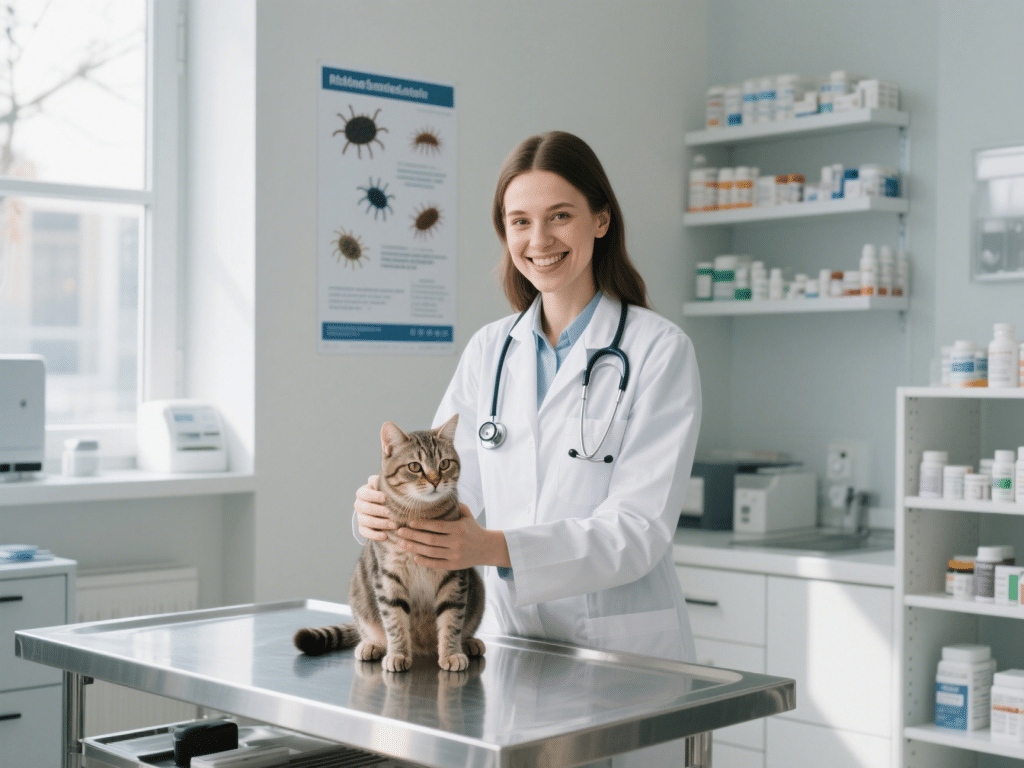
Top 5 Cat Dewormers Compared: Vet-Approved Options for Internal and External Protection
Top 5 Cat Dewormers Compared: Vet-Approved Options for Internal and External ProtectionIntroductionI...
Read More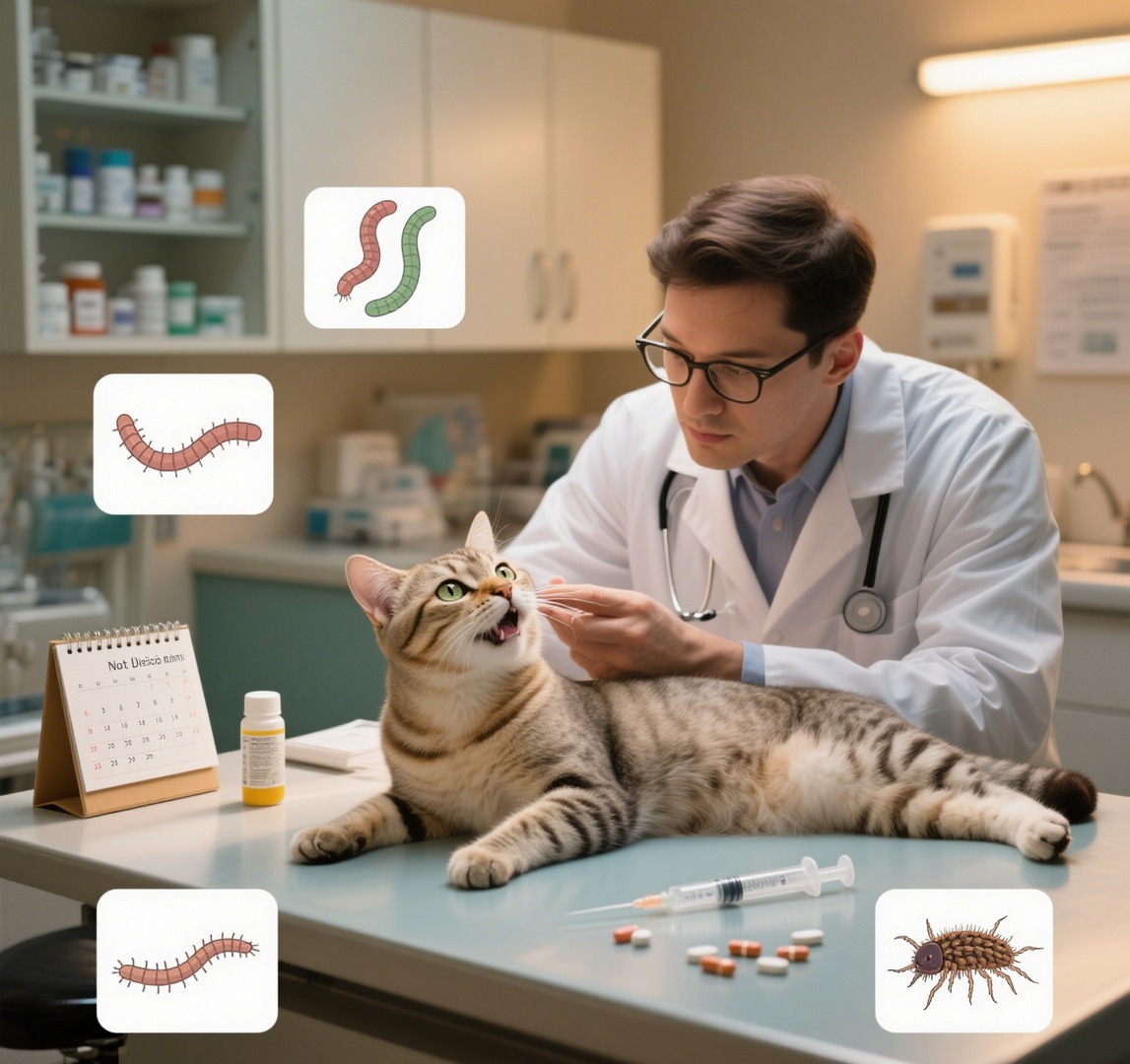
Why Cats Require Regular Deworming: Understanding Internal and External Parasites
1.1 Internal Parasites• Ascarids (Roundworms): The most common intestinal parasites, often causing...
Read More